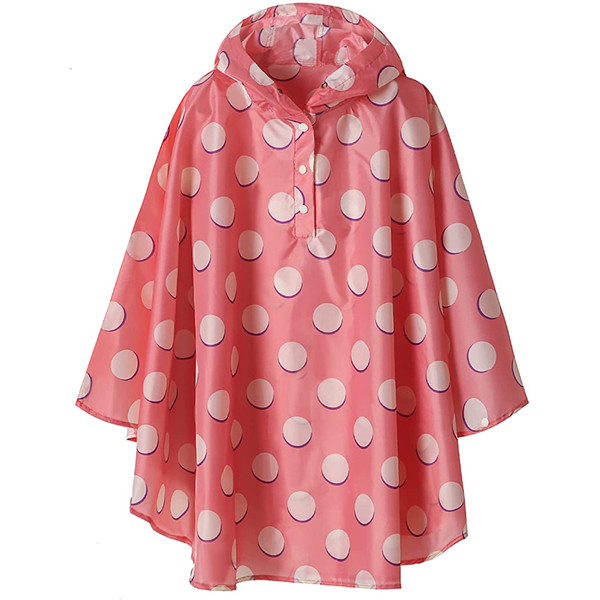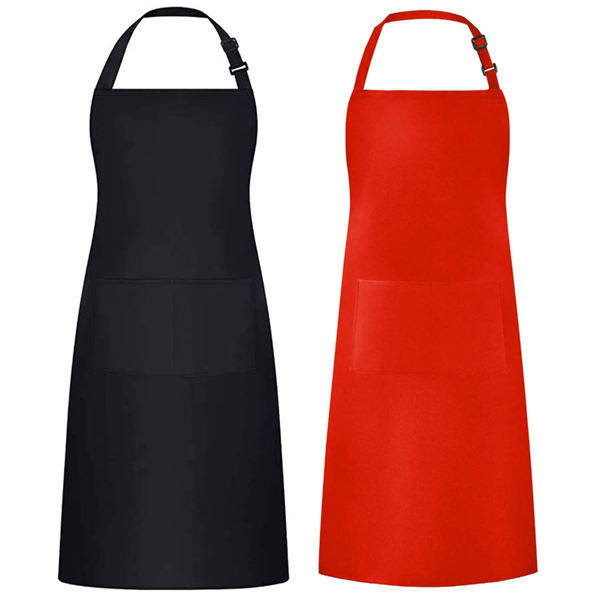Preventing lice infestations is as important as treatment. Maintaining good hygiene and stable conditions are critical factors in lice control. Regularly cleaning and disinfecting barns, pens, and equipment can help minimize the occurrence of lice. Additionally, proper nutrition and veterinary care ensure the overall health and resilience of the cattle, reducing the likelihood of infestations.








